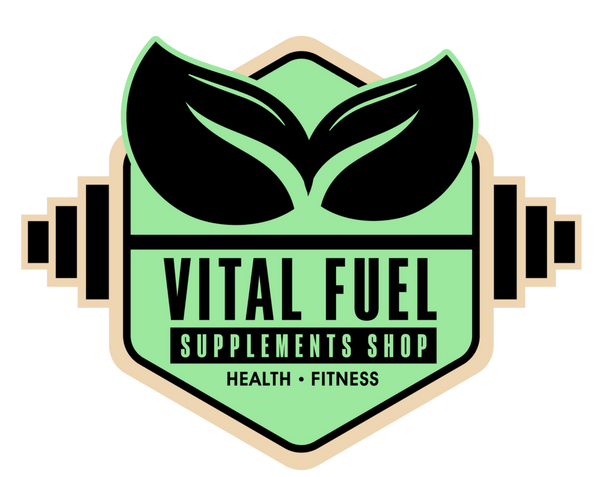Creatine 101: Everything You Need to Know
What is Creatine?
Creatine is one of the most researched and effective supplements for improving athletic performance. It's a naturally occurring compound found in muscle cells that helps produce energy during high-intensity exercise.
How Does Creatine Work?
Creatine increases your muscles' phosphocreatine stores, which help produce ATP (energy) during short bursts of high-intensity activity. This means:
- More power during weightlifting
- Better performance in sprints
- Faster recovery between sets
- Increased muscle volume and growth over time
Types of Creatine Explained
Creatine Monohydrate
The gold standard and most researched form. Benefits include:
- Proven effectiveness in thousands of studies
- Most cost-effective option
- 3-5g daily dose well-established
- Available in powder and capsule forms
Kre-Alkalyn (Buffered Creatine)
pH-buffered creatine that claims better stability. Features:
- May reduce stomach discomfort
- Potentially better absorption
- No loading phase required
- Higher cost but convenient dosing
Creatine with Flavoring
Enhanced formulas for better taste and mixability:
- Improved palatability
- Often includes additional performance ingredients
- Great for those who dislike plain creatine taste
How to Take Creatine
Loading Phase (Optional)
Take 20g daily (4 doses of 5g) for 5-7 days to saturate muscles quickly.
Maintenance Phase
Take 3-5g daily consistently. Timing is flexible - post-workout or with meals works well.
No Loading Method
Simply take 3-5g daily from day one. Takes 3-4 weeks to fully saturate muscles.
Common Creatine Myths Debunked
Myth: Creatine Causes Kidney Damage
Truth: Extensive research shows creatine is safe for healthy individuals when used as directed.
Myth: You Must Cycle Creatine
Truth: Cycling isn't necessary. Consistent daily use maintains muscle saturation.
Myth: Creatine Only Works for Men
Truth: Women benefit equally from creatine supplementation for strength and power.
Myth: Creatine Causes Bloating
Truth: Initial water retention is intracellular (in muscles), not subcutaneous bloating.
Who Should Use Creatine?
- Strength Athletes: Powerlifters, weightlifters, bodybuilders
- Team Sport Athletes: Football, rugby, basketball players
- Sprint Athletes: Track sprinters, swimmers
- Fitness Enthusiasts: Anyone doing high-intensity training
Expected Results and Timeline
- Week 1: Increased training volume and power
- Week 2-4: Improved recovery between sets
- Month 2+: Enhanced muscle growth from increased training capacity
Choosing Quality Creatine
Look for:
- Third-party tested products
- Creapure® certification (German-made creatine)
- Minimal additives and fillers
- Reputable supplement brands
- Proper packaging to prevent moisture
Conclusion
Creatine is a safe, effective, and well-researched supplement that can significantly improve your training performance and results. Whether you choose traditional monohydrate or advanced formulations, consistency is key to maximizing benefits.
Start with 3-5g daily and give it 4-6 weeks to experience the full effects on your strength, power, and muscle growth.
